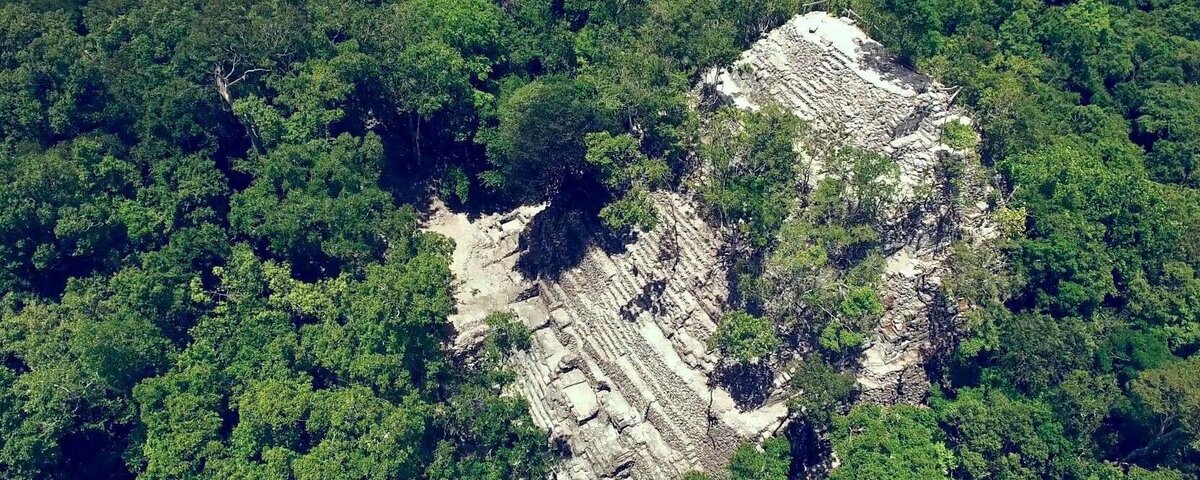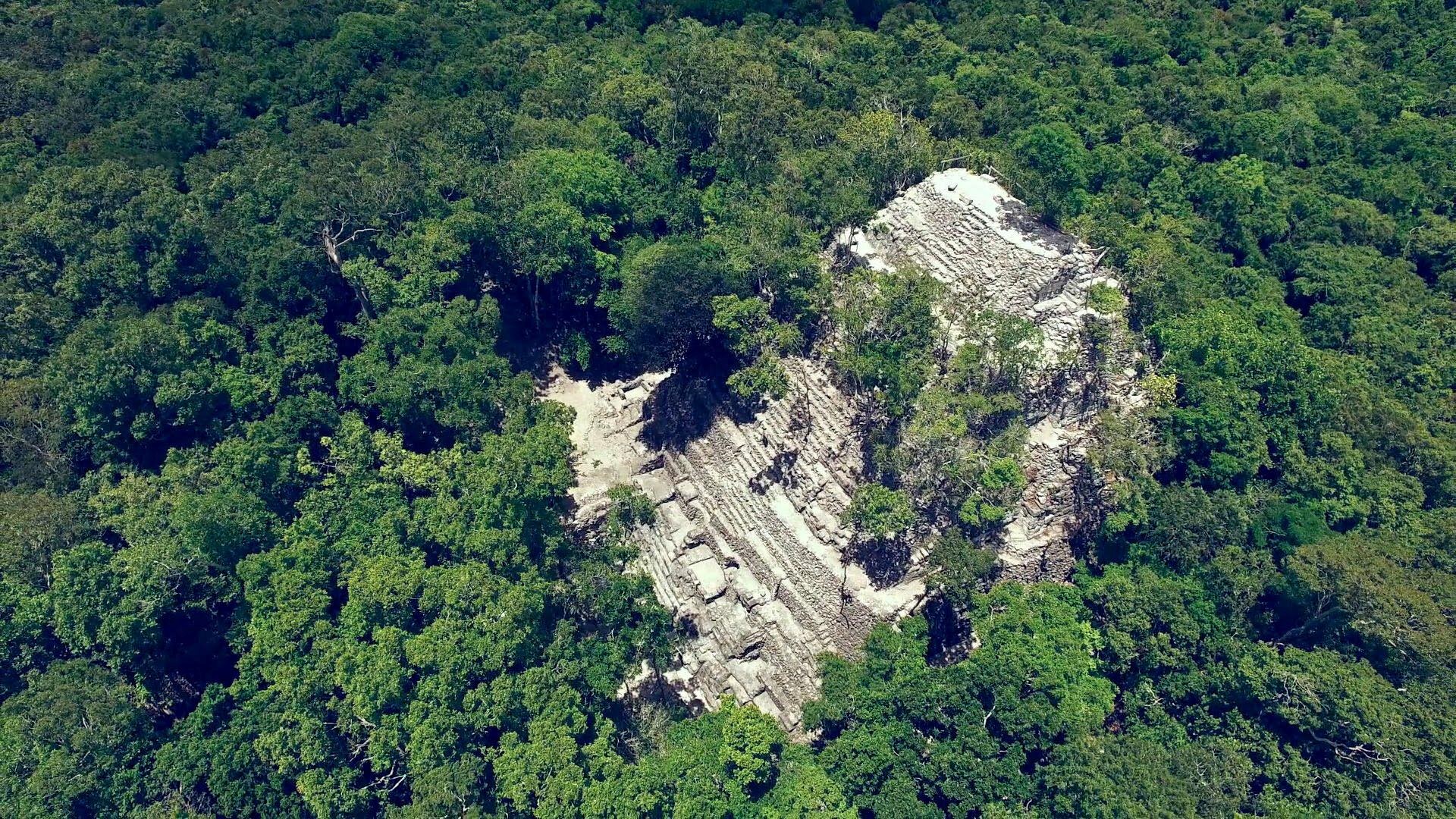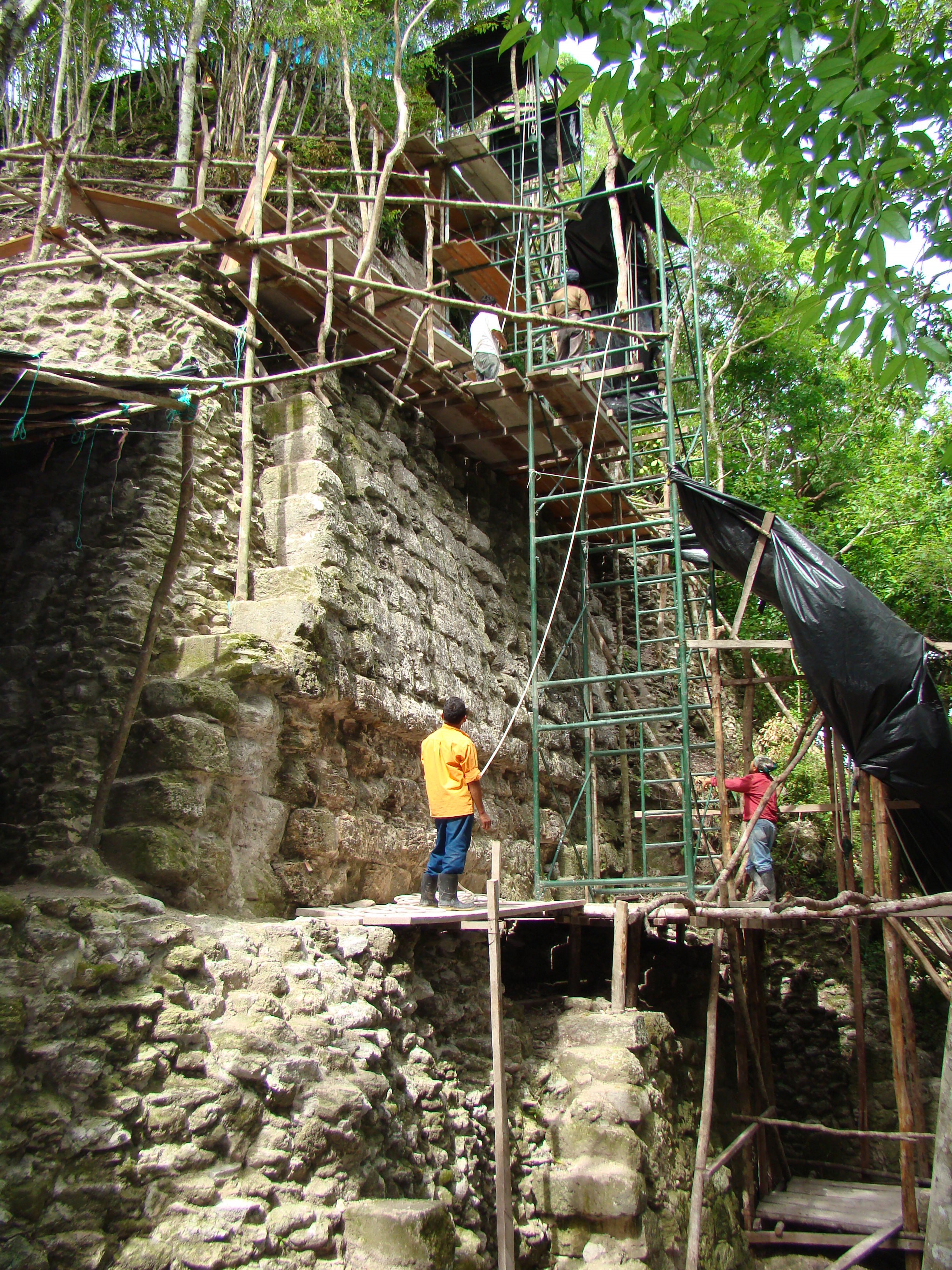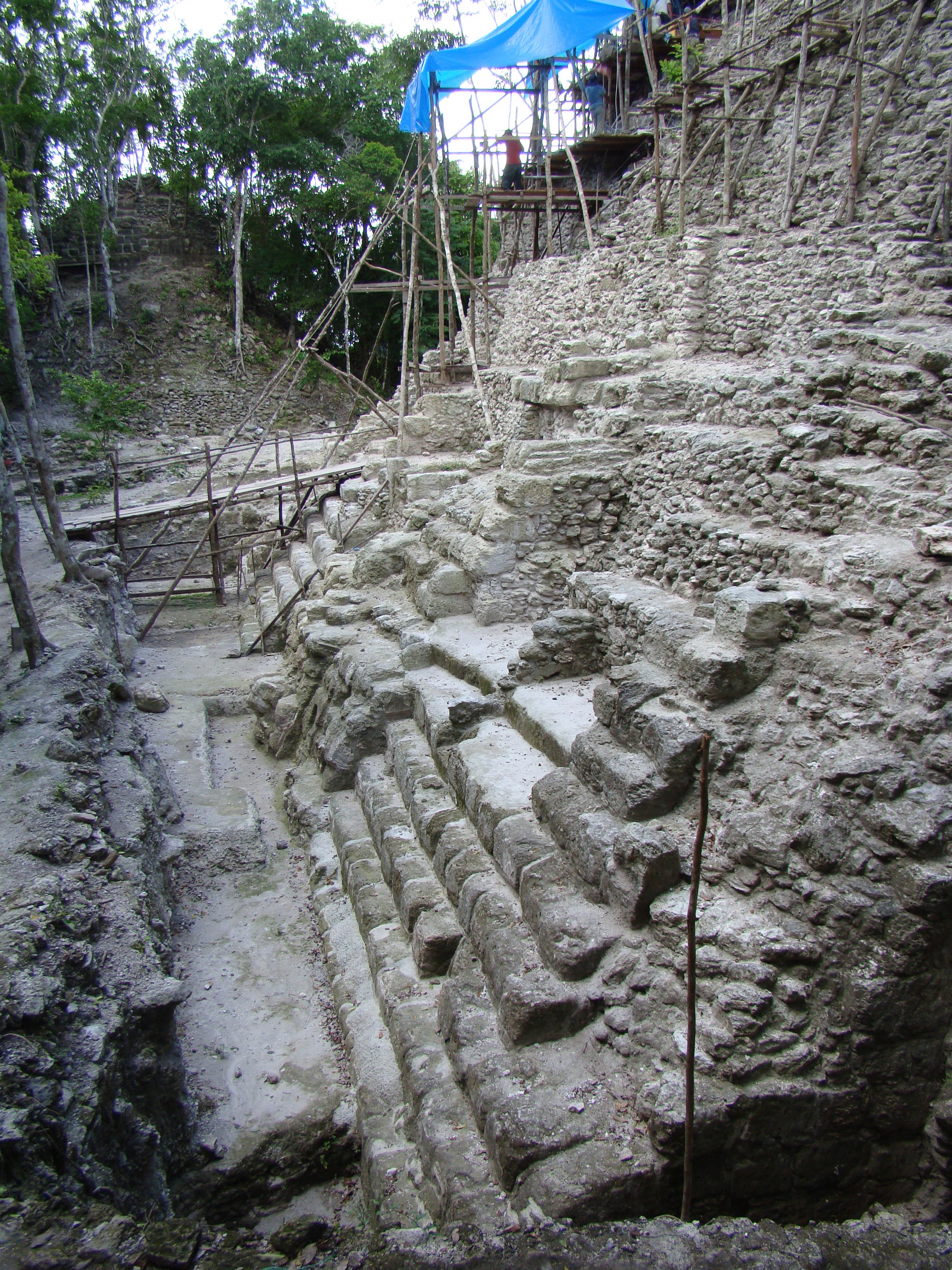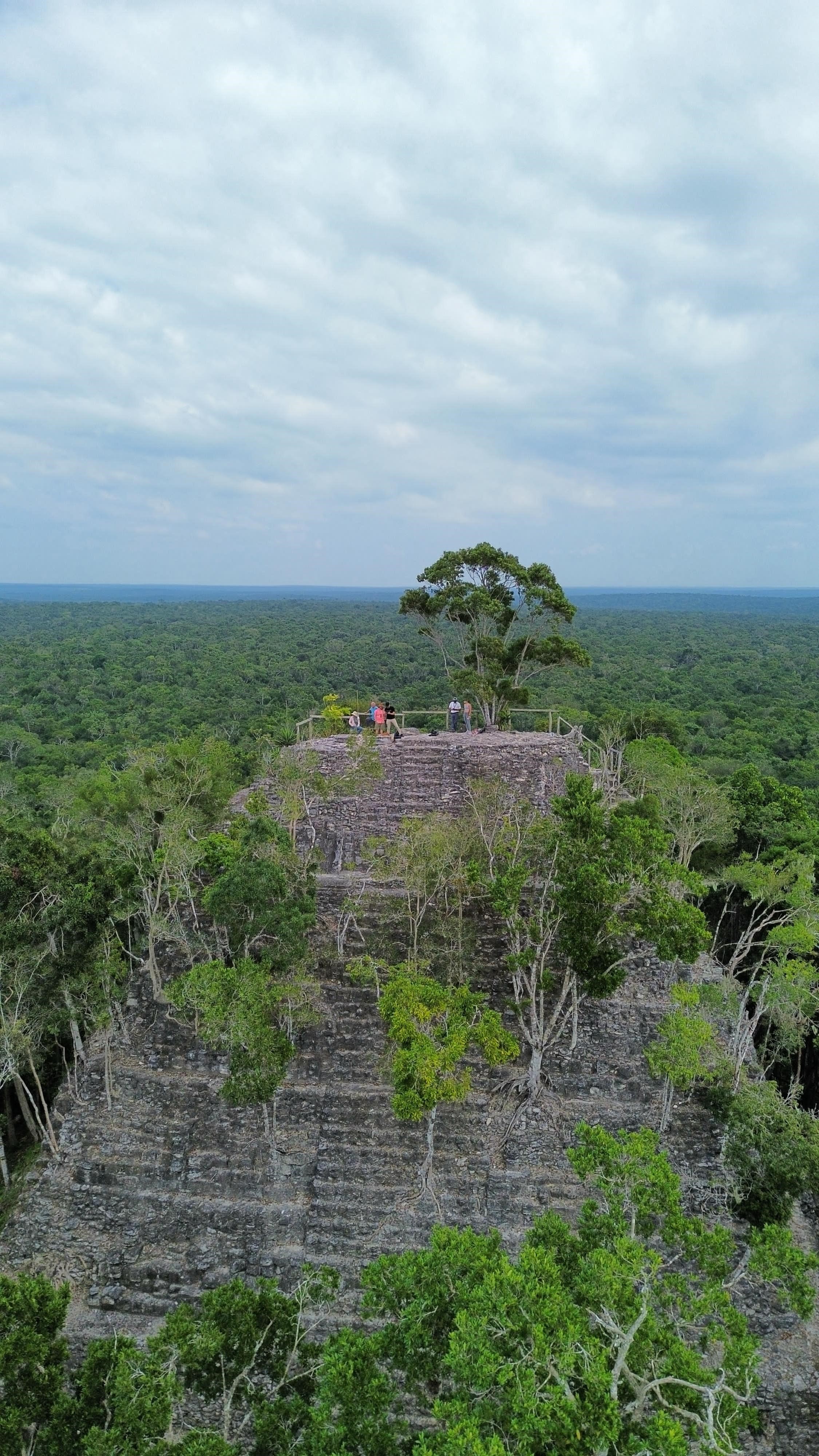The Cultural and Natural Legacy in the Cradle of Maya Civilization: New Perspectives on the Mirador-Calakmul Karst Basin
The Mirador-Calakmul Karst Basin has been the objective of intensive archaeological excavations since 1978, with more than 56 ancient centers having been explored and mapped. The area is the last tropical forest left in Guatemala, with a major bio-diversity in the area due to six types of tropical forests within the geographical and geological confines of the system.
Pontos principais
Data / Duração: Terça-feira, 14.10.2025
- Hora
- 18:00 - 20:30
- Idioma
- Inglês
- Realização
- Em presença
- Entrada
- gratuita
- Local do evento
- Simón-Bolívar-Saal,
Ibero-Amerikanisches Institut,
Potsdamer Straße 37,
10785 Berlim
Solicita-se inscrição até 9.10.2025
RegistrarThe Mirador-Calakmul Karst Basin has been the objective of intensive archaeological excavations since 1978, with more than 56 ancient centers having been explored and mapped. The area is the last tropical forest left in Guatemala, with a major bio-diversity in the area due to six types of tropical forests within the geographical and geological confines of the system.
Pioneering LiDAR studies over the majority of the Guatemalan side of the basin have discovered the presence of 964 archaeological sites that comprise 417 ancient cities, towns, and villages dating primarily to the Middle and Late Preclassic periods (1000 B.C. – A.D. 150). The concentration of such large and early ancient cities is enhanced by massive pyramids and platforms that rank among the largest in the ancient world. Furthermore, a complex system of more than 177 kilometers of Preclassic causeways, measuring up to 40 m wide and 2-5 m high, connect the major centers of the basin in a tight political, social, and economic link that suggests the formation of an early state.
In spite of the spectacular natural and cultural remains in the basin, the area is under huge threats from organized crime, logging, looting, oil and gas explorations, and poaching. The opportunity to save this last tract of tropical forest is now by using the ancient cities as the economic justification for the preservation of the system by fostering the prosperity of surrounding communities, and alleviating the enormous poverty that exists in the region. The proposed model which is now a legal initiative in the Guatemalan Congress is to form a Natural and Cultural Wilderness Sanctuary so as to neutralize organized crime and provide a new national prosperity through controlled eco-tourism.
Richard D. Hansen will present new perspectives on the Cultural and Natural Legacy in the Cradle of Maya Civilization, including discussions on the origins, dynamics, and demographic collapse of the Mirador-Calakmul Karst Basin. He will also explain the approaches to preserve this extraordinary place.
Richard D. Hansen is a Research Professor at Idaho State University (link externo, abre uma nova janela) in the Department of Anthropology. He is the founder and President of The Foundation for Anthropological Research and Environmental Studies (FARES), and director of the Mirador Basin Project (link externo, abre uma nova janela) in Guatemala, having conducted research for 45 years.
Local do evento
Simón-Bolívar-Saal,
Ibero-Amerikanisches Institut,
Potsdamer Straße 37,
10785 Berlim
Planejar rota (Google) (link externo, abre uma nova janela)
Suas configurações de cookies bloquearam esse mapa.
